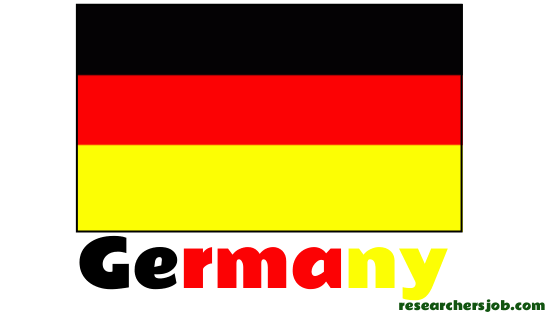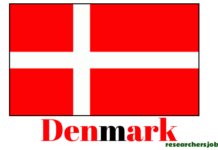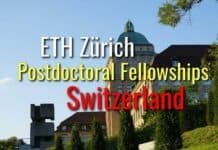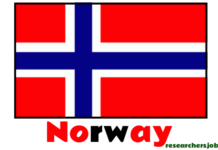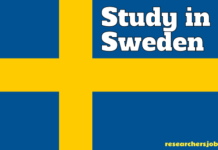PhD Scholarship in Cellular Neuroscience: The University of Cologne seeks a highly motivated PhD candidate for a research project investigating the role of endocytosis in Purkinje cells and its effects on brain-wide motor circuits. This is a unique opportunity to engage in cutting-edge neurobiology research within a vibrant academic community.
PhD Scholarship in Cellular Neuroscience at University of Cologne
Designation
Ph.D. Student
Research Area
Cellular Neuroscience
Location
Cologne, Germany
Eligibility/Qualification
- Master’s degree in Neuroscience, Cell Biology, or Biochemistry (with very good to excellent grades)
- Experience with techniques such as:
- Rodent models of neurodegeneration
- Primary cell culture
- Immunohistochemistry
- Microscopy
- Image analysis
- Biochemical assays
- Strong motivation to advance research in neurodegenerative diseases
- Proficiency in English
- Excellent organizational skills, proactive attitude, enthusiasm, and a willingness to learn
Description
The project, part of CRC1451, will utilize advanced mouse models, rabies tracing, chemogenetics, multi-omics, super-resolution microscopy, and miniscope Ca²+ imaging to study how the inhibition of endocytosis in Purkinje cells influences information processing in the thalamo-cortical network. Key responsibilities include:
- Conducting research using mouse models
- Performing experiments in cerebellar organotypic slice cultures
- Utilizing stereotactic surgeries and chemogenetics
- Conducting various biochemical assays
- Maintaining accurate laboratory records and presenting findings in meetings
How to Apply
Please submit a single PDF including:
- A motivation letter
- A CV with contact details for 2–3 references
- A short (300-word) summary of a recent publication from Prof. Natalia Kononenko’s lab, including a research outlook and a proposal for future research on the topic.
Send your application to Prof. Dr. Natalia Kononenko at n.kononenko@uni-koeln.de.
Last Date to Apply
31 January 2025
For further information, please visit the Kononenko Lab and CRC1451 website.

